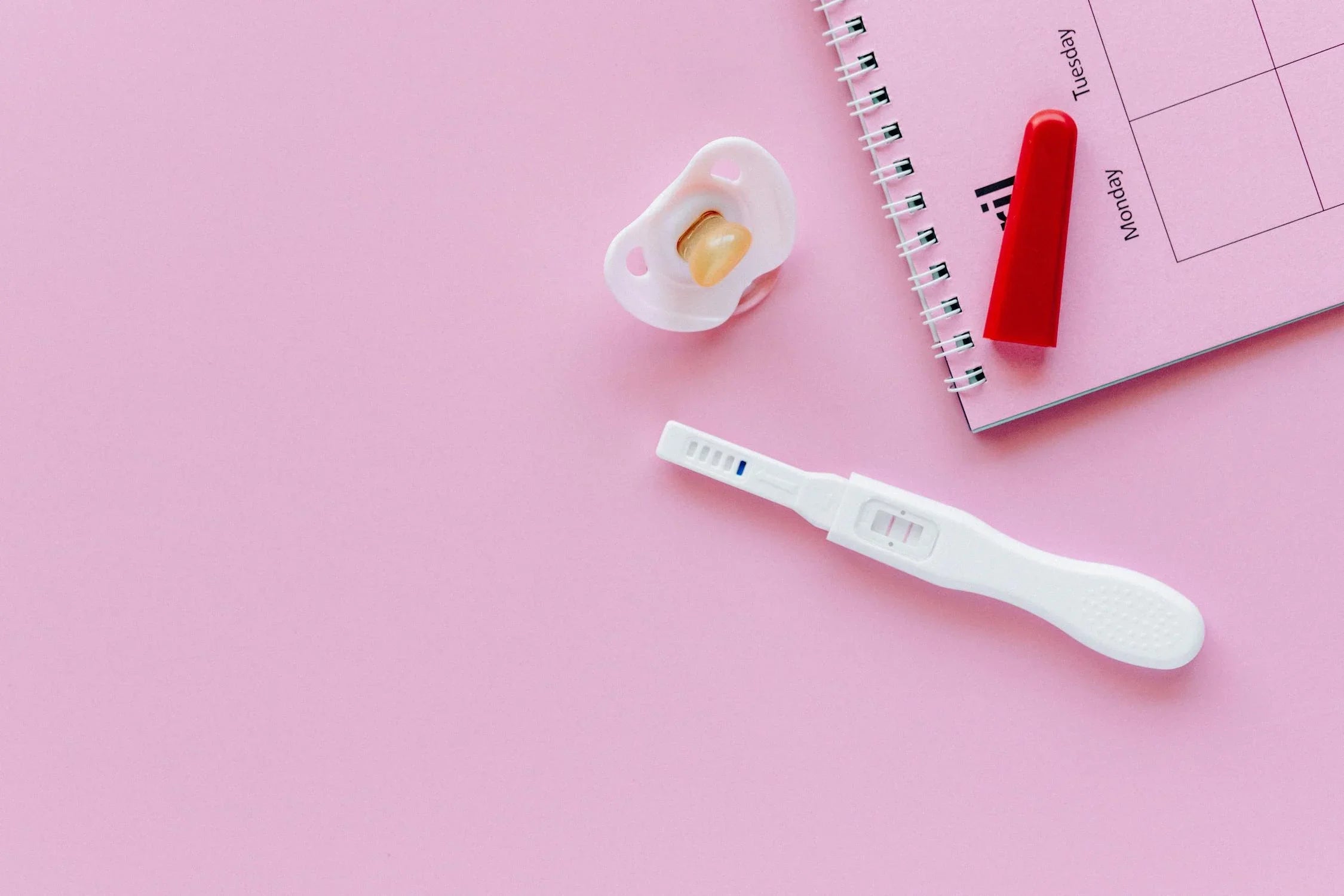Home
Pregnancy, Breastfeeding, and Pumping: The Ultimate Guide for Moms
Can I Take a Pregnancy Test While Bleeding? What You Need to Know

Can I Take a Pregnancy Test While Bleeding? What You Need to Know
When you're trying to determine whether you're pregnant, timing and circumstances can play a significant role in the accuracy of your results. One common question many women have is, 'Can I take a pregnancy test while bleeding?' The answer isn't always straightforward, as bleeding can occur for various reasons, and its impact on pregnancy test results depends on several factors. This article will explore the nuances of taking a pregnancy test during bleeding, the science behind how these tests work, and what steps you can take to ensure the most reliable outcome.
Understanding Pregnancy Tests and How They Work
Pregnancy tests detect the presence of human chorionic gonadotropin (hCG), a hormone produced by the placenta after a fertilized egg attaches to the uterine lining. Most home pregnancy tests are designed to detect hCG in urine, while blood tests conducted by healthcare providers can measure hCG levels more precisely. The accuracy of a pregnancy test depends on the sensitivity of the test and the timing of when it's taken.
Bleeding, whether it's light spotting or a heavier flow, can complicate the interpretation of pregnancy test results. It's essential to understand the different types of bleeding and their potential causes to determine whether taking a test during this time is advisable.
Types of Bleeding and Their Implications
Bleeding during early pregnancy can be caused by several factors, including implantation bleeding, hormonal changes, or even a miscarriage. Implantation bleeding occurs when the fertilized egg attaches to the uterine lining, typically around 6 to 12 days after conception. This type of bleeding is usually light and short-lived, often mistaken for a regular period.
On the other hand, bleeding can also be a sign of an impending miscarriage or an ectopic pregnancy, both of which require immediate medical attention. If you experience heavy bleeding accompanied by severe pain, it's crucial to consult a healthcare provider rather than relying solely on a home pregnancy test.
Can Bleeding Affect Pregnancy Test Results?
The presence of bleeding doesn't necessarily invalidate a pregnancy test, but it can influence the results depending on the circumstances. If the bleeding is due to implantation, the hCG levels may already be high enough to yield a positive result. However, if the bleeding is related to a miscarriage, hCG levels may be declining, potentially leading to a false negative.
It's also important to consider the timing of the test. Taking a pregnancy test too early, even without bleeding, can result in a false negative because hCG levels may not yet be detectable. If you're unsure about the cause of your bleeding or the accuracy of your test, it's best to wait a few days and retest or consult a healthcare professional.
Steps to Ensure Accurate Results
To maximize the accuracy of a pregnancy test taken during bleeding, follow these steps:
- Use a high-sensitivity test: Some pregnancy tests are more sensitive to low levels of hCG, increasing the likelihood of detecting a pregnancy early.
- Test with first-morning urine: hCG levels are typically highest in the morning, making this the ideal time to take a test.
- Read the instructions carefully: Ensure you follow the test's guidelines, including the recommended waiting time for results.
- Retest if necessary: If you receive a negative result but still suspect you might be pregnant, wait a few days and retest.
When to Seek Medical Advice
While home pregnancy tests are convenient, they are not foolproof. If you experience persistent bleeding, severe pain, or other concerning symptoms, it's essential to seek medical advice. A healthcare provider can perform a blood test or ultrasound to confirm pregnancy and assess your overall health.
Additionally, if you receive a positive pregnancy test result but continue to bleed, this could indicate a potential complication that requires medical attention. Early intervention can help ensure the best possible outcome for both you and your baby.
Emotional Considerations and Support
Dealing with uncertainty about pregnancy, especially when accompanied by bleeding, can be emotionally challenging. It's important to seek support from loved ones or professional counselors if you're feeling overwhelmed. Remember that you're not alone, and there are resources available to help you navigate this complex situation.
Taking care of your mental and emotional well-being is just as important as addressing the physical aspects of pregnancy. Don't hesitate to reach out for help if you need it.
Ultimately, the question 'Can I take a pregnancy test while bleeding?' depends on the specific circumstances and the type of bleeding you're experiencing. While it's possible to get accurate results, understanding the factors that influence the test's accuracy and seeking medical advice when necessary can help you make informed decisions. Whether you're hoping for a positive result or preparing for the next steps, knowledge and support are your best allies on this journey.
Share
